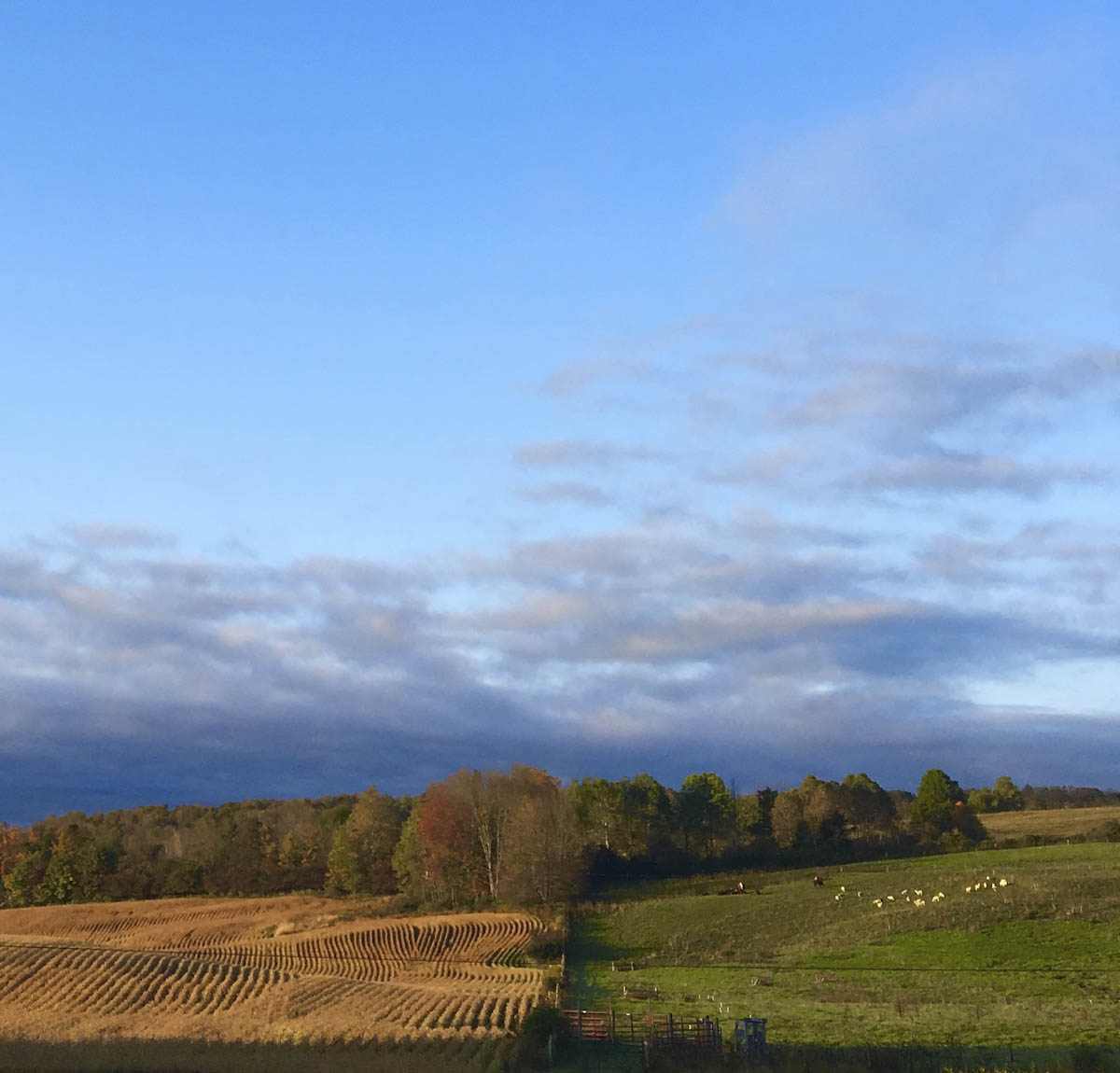Believe it or not, I sometimes think this is the best time in history to be a farmer. I don't mean economically - in most places it's harder than ever for small farms to stay afloat - but in terms of actual farming. There are tools, like the portable electric fencing that allows the grazing of domestic animals to closely resemble the behavior of their wild counterparts, and sophisticated ways to measure the health of soil and plants. The internet allows farmers to rapidly share ideas for innovative production methods, and a few advocates of industrial farming even seem to be recognizing that simply maximizing the amount of corn and soy produced is unsustainable and unhealthy. Emerging technologies will likely reduce tillage and fertilizer use on mainstream farms, while cool practices like agroforestry take off on the fringes.
But then I read an article about the patenting of seeds in Africa, and my optimism evaporates. A agribusiness giants have entered the African market, they have used not only the carrot of promised higher yields, but also the stick of threatened legal action to extend their reach. Because much of the farming in Africa is still done by millions of smallholders, seed saving and trading are common practices. But the business model of biotech companies relies on the assumption that farmers will purchase fresh seed each year; they don't want farmers to buy proprietary genetics once and then simply incorporate them into the local seed-saving economy.
To this end they have pushed through laws that criminalize seed saving in many circumstances. This is not unique to Africa. If you watched the documentary Food, Inc. you many remember the American soybean farmer who got in trouble for saving beans. By 2008, when that film was made, American farming was already so consolidated that he represented a small minority. Most grain farmers were already comfortable buy seed corn and soy from the big companies. But in Africa the effort to both introduce improved crop varietals, primarily GMOs, alongside legal penalties that circumscribe their use, represents a seismic shift, one that the farmers themselves are not enthusiastic about.
What I find particularly frustrating about this is that I suspect even subsistence African farmers could benefit from some modern agricultural practices. For example, could researchers work with farmers to more rapidly improve local varietals of the cowpea and other staple crops, rather than develop a single, proprietary strain to be distributed everywhere? Could they work with farmers to figure out which how to incorporate strategies for reducing tillage and how best to incorporate fertilizer and other inputs into existing practices? Instead of trying to industrialize African agriculture in the American model, could they try to balance gains in efficiency with the preservation of farmers' sovereignty?
It is a shame that at a time when we know more about how to farm well than ever before, it isn't being put to use more widely. But I remind myself that these things take time. A hundred years ago tractors hardly existed. Perhaps a couple decades from now we'll have figured out a better balance between speed and efficiency on the one hand and the rich variety of human practices on the other.

